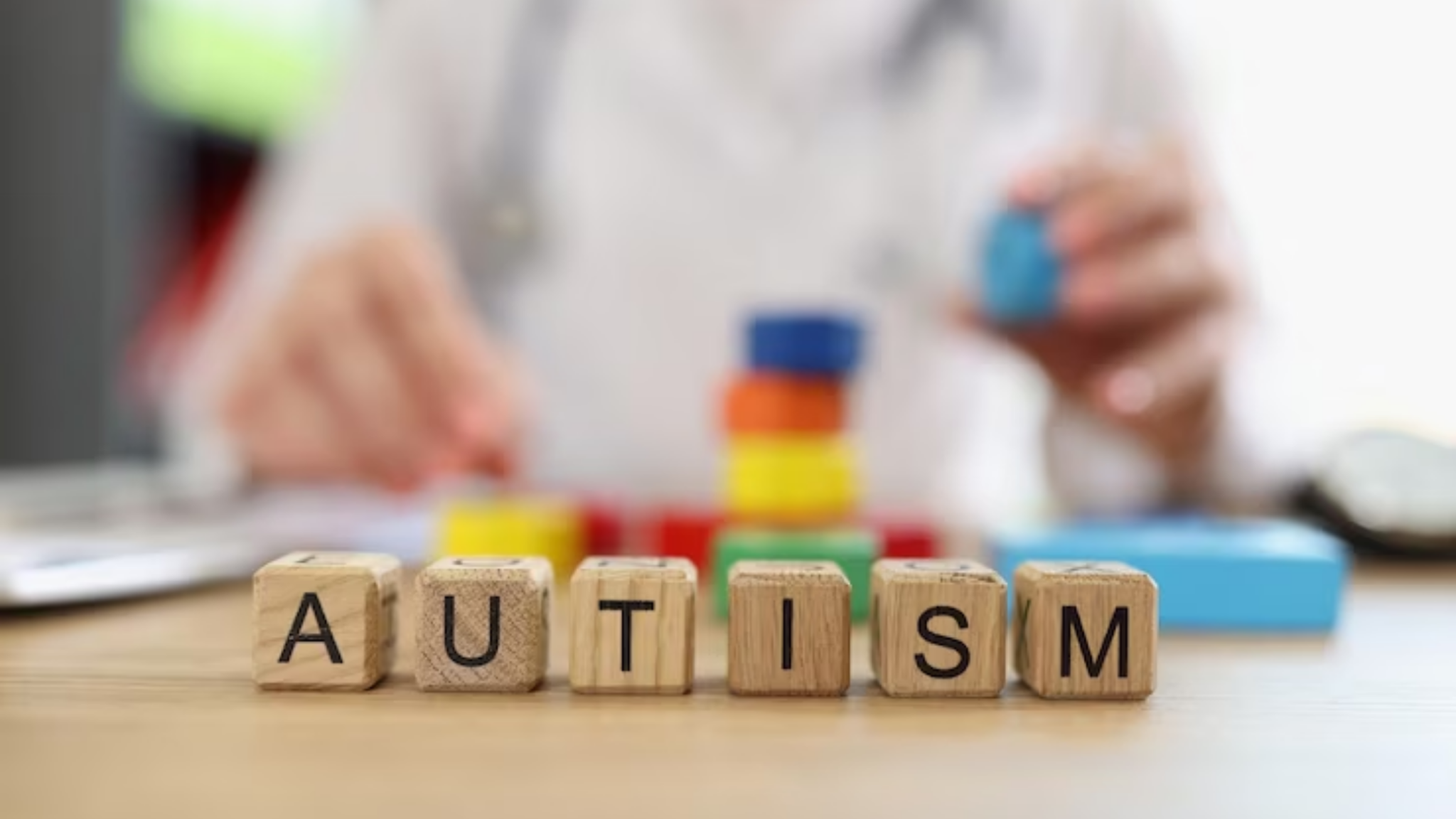Understanding Autism Test in Adults: The Search for Reliable Diagnosis 2024. Autism Spectrum Disorder (ASD) is a neurodevelopmental condition that affects social interaction, communication, and behavior. While often associated with childhood, individuals may not receive an ASD diagnosis until adulthood. This late diagnosis can significantly impact an individual’s life trajectory and well-being, hindering access to necessary support and understanding. Recent advancements in autism testing for adults offer hope for improved identification and support.
Why Might Autism Be Overlooked in Adulthood?
- Subtler Presentation: Adults with ASD may have developed coping mechanisms or strategies to mask their difficulties in social settings. This can make the symptoms less obvious to observers, including healthcare professionals.
- Comorbid Conditions: Anxiety, depression, and other mental health conditions can occur alongside ASD, sometimes overshadowing the core symptoms of autism.
- Outdated Understanding: Previously, autism was understood in narrower terms. It’s now recognized as a spectrum disorder with varying levels of severity and presentations, which can be harder to identify in adults.
- Gender Differences: Historically, diagnostic criteria and research were heavily focused on how ASD presents in males. Females with ASD may display different social strategies or have interests that better match societal norms, resulting in their symptoms being downplayed or missed.
The Importance of Adult Autism Diagnosis
A timely and accurate autism diagnosis in adulthood offers numerous benefits:
- Self-Understanding: A diagnosis provides an explanation for lifelong challenges, fostering self-acceptance and a greater understanding of one’s strengths and needs.
- Reduced Self-Blame: Individuals with undiagnosed ASD may internalize difficulties, leading to low self-esteem. Understanding ASD can reduce self-blame and aid in developing positive self-image.
- Access to Support: A diagnosis opens doors to tailored therapies, accommodations, and community support groups designed specifically for adults with autism.
- Improved Well-being: With the right support and understanding, those diagnosed in adulthood can learn strategies to manage challenges and leverage strengths, leading to improved quality of life.
Types of Autism Tests for Adults
There’s no single definitive test for ASD. Diagnosis typically involves a combination of the following:
- Developmental History: A clinician will gather detailed information about childhood development, social skills, communication milestones, and any repetitive behaviors or restricted interests.
- Self-Report Questionnaires: Various questionnaires like the Autism-Spectrum Quotient (AQ), the Ritvo Autism Asperger Diagnostic Scale-Revised (RAADS-R), and others help assess the presence and severity of autism-related traits.
- Clinical Interviews: A trained professional like a psychiatrist, psychologist, or neurologist conducts in-depth interviews to explore behavior patterns, social interactions, and potential sensory sensitivities.
- Observation: Clinicians may observe the individual’s behavior, communication style, and social interactions during the assessment process.
Where to Find Reliable Autism Tests
- Mental Health Professionals: Seek out specialists in adult autism assessment. These may include psychologists, psychiatrists, neurologists, or developmental pediatricians.
- Autism Centers: Many universities and medical centers have specialized autism clinics that provide diagnostic services for adults.
- Online Resources: While online tests shouldn’t substitute for formal diagnosis, they can offer valuable preliminary insights. Reputable resources include:
- Clinical Partners Adult Autism Test: [https://www.autism360.com/autism-test-for-adults/
- [Exceptional Individuals Autism Test]([[invalid URL removed]
Key Considerations
- Professional Assessment is Essential: Online resources serve as a starting point, but don’t substitute for professional evaluation for a formal ASD diagnosis.
- The Process Takes Time: Diagnosis may involve multiple appointments, as clinicians gather thorough information and rule out other conditions.
- Cost and Accessibility: Costs can vary. Some insurance plans may cover assessments. Finding experienced professionals in your area can be challenging.
Conclusion
Growing awareness of adult autism, coupled with advancements in diagnostic tools, brings hope for increased recognition and support. If you suspect you or a loved one might be on the autism spectrum, seeking professional guidance is a crucial step towards understanding, acceptance, and improved quality of life.
Disclaimer: The information provided in this blog post is for educational purposes only and should not be considered a substitute for professional medical advice. Always consult with a qualified healthcare provider before starting any new health or supplement regimen.
